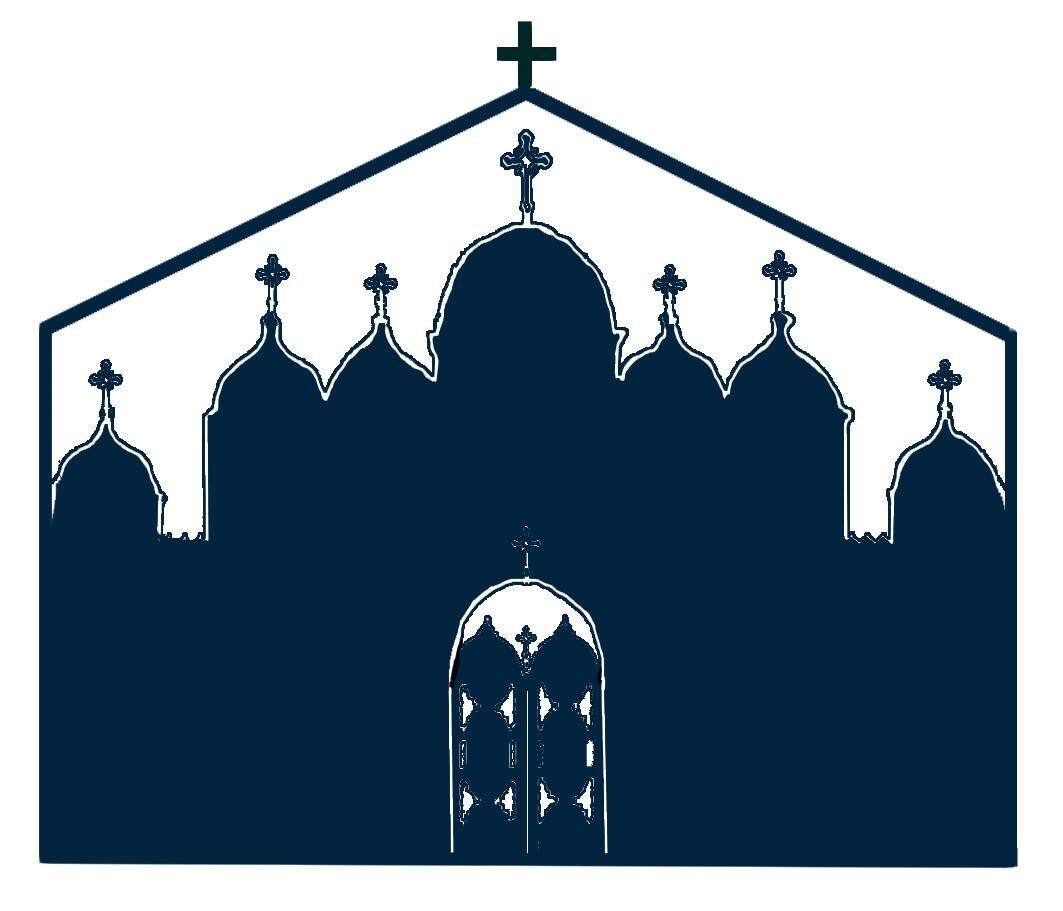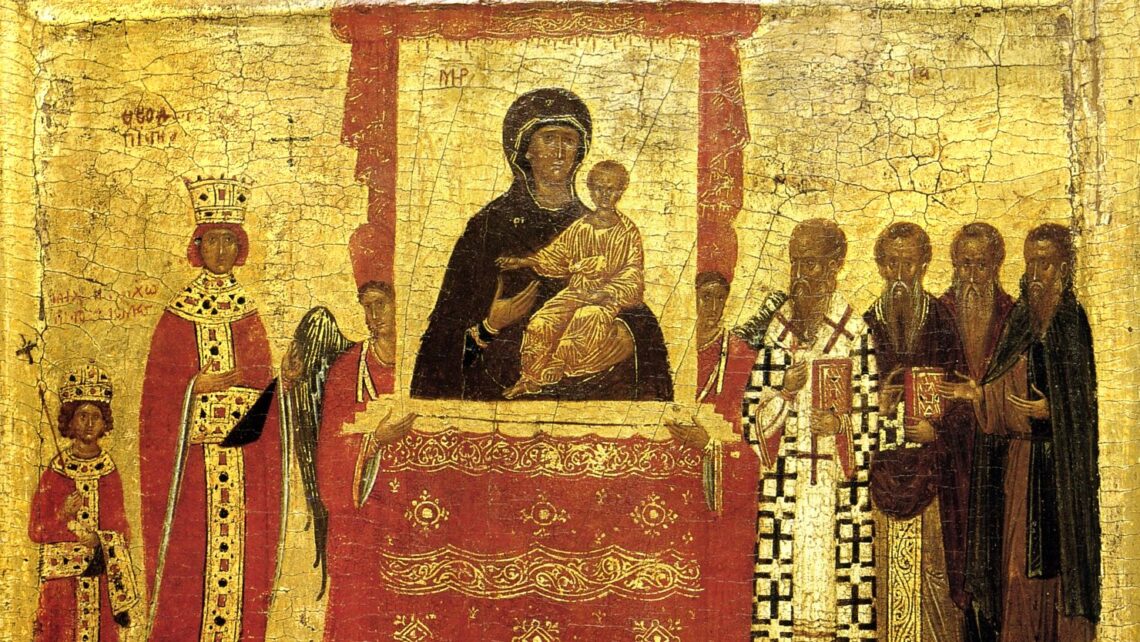John 1:43-51 2024/3/24 Osaka Church
In the name of the Father and the Son and the Holy Spirit
A young man named Nathaniel confessed his faith to Jesus, saying, “Teacher, you are the Son of God.” And Jesus promised him. “You shall see greater things…the heavens will be opened and you will see angels ascending and descending on the Son of Man.”
That promise has come true. But where and how?
The nailed cross of Jesus stood straight on the hill of Golgotha, as if connecting heaven and earth. One who had the same body as us did indeed die, and amazingly, did indeed rise again. Forty days after his resurrection, he ascended to heaven accompanied by angels.
Because Nathaniel saw these things for sure, Nathaniel’s faith, and the faith of the apostles, was transformed into unyielding certainty.
Their conviction is a conviction in the midst of sin, evil, and the suffering of people and the world that can only be seen as absurd. This is a conviction that has been confirmed in this world where we feel as if nothing had changed, and it seems that nothing would change. It is a conviction born within ourselves that we cannot believe that something has changed in it.
Nathaniel and the apostles believed that the heavens were opened, God’s grace poured down upon the earth, and the death and resurrection of Christ the Son of Man opened the way for people to approach God again.
The apostles took on the mission of conveying what they saw, which was not something they had imagined, was not taught, was not something they had invented, or even believed. Then, they were scattered all over the world.
If we are not supported by what we have “seen,” it will be extremely difficult for us to continue supporting the faith that we have once believed in. The people of this world laugh and wonder where such things can be seen. We ourselves often get caught up in such thoughts.
However, the Orthodox Church knows. “It’s not that you can’t see, it’s that you don’t want to see.” We sing “Reject all the cares of this world” (Orthodox Divine Liturgy, Cherubic Hymn) “Turn your heart upwards” (Orthodox Divine Liturgy, Cantos of Anaphora). The Orthodox believe that anyone can see it if they stand in front of it. It is the Lord’s Supper, which Christ ordained. Eucharist, worship called thanksgiving, this Divine Liturgy. In this communion of worship, we see the vision of a new world in which Christ has been realized through the grace of the Holy Spirit that overflows here. In the bread and wine of the Eucharist, we see the newly reconnected unity of love between God and man, the renewed unity of love between man and man, and the new unity of love that pervades God’s grace.
This is the song sung just before the Communion, in the” Liturgy of Presanctified Gifts” Liturgy held during the The Great Lent.
“Taste and see how merciful the Lord is.”
We “see” God’s love within our “taste.”
When we move away from this vision and taste, and finally forget it, our faith turns into a human-like “comparison of patience.” So, in this world that doesn’t look new at all, only the same old, we can only grit our teeth and wait in fear for the end that will never come true, for the final judgment and the kingdom of God. And when we can no longer bear the strain of “comparison of patience.,” our faith crumbles and crumbles.
That’s why We must never leave the Eucharist; Church, which gives joy, strength, and wisdom to your faith.
Let’s keep watching and enjoying it. Along with Philip, who called Nathaniel to Jesus, We must continues to call on those who believe that “nothing will change”’ and “there is nothing good in life” to “come and see.”

